Teething Tablets for Babies: Are They Safe?

A baby has to go through several benchmarks while growing up. These little benchmarks may sometimes cause discomfort to the baby, and teething can be one of them! Though it is not important that all babies feel teething discomfort, and if your munchkin does not feel any pain or discomfort, well, thank your stars! However, if your child experiences teething discomfort, well, it can be an equally excruciating experience for you as a parent! And you may want to consider options that may ease your baby’s pain, and teething tablets for babies are something that may become a good option! Let us acquaint you with teething tablets, how safe they are, and other associated aspects of the topic, in this post!
What Are Teething Tablets?
Before considering this option, it is essential to understand exactly what infant teething tablets are. Well, teething tablets or pills are tiny globules that are formulated to dissolve in a baby’s mouth with saliva or with a few sips of water. These teething pills for infants are usually homoeopathic medicines that may contain ingredients such as Coffea Cruda, which may help in battling sleeplessness, Chamomilla, which may help in easing irritability in babies and other such ingredients.
Common Ingredients of Baby Teething Tablets
Teething tablets for babies contain a variety of ingredients, which are mostly plant-based. The following are some common ingredients:
- Chamomile plant
- Calcium phosphate
- Calcium carbonate
- Coffee extracts
- Sulfur
- Modified iron phosphate
- Silica
Are Teething Tablets Safe for Babies?
Teething is a natural phenomenon for babies that begins around 6 to 12 months of age and continues until your baby reaches 2-3 years of age. Additionally, it is not very common for babies to experience significant teething pain; however, some may exhibit symptoms such as irritation, refusal to feed, excessive biting, mouthing objects, and drooling of saliva (1). It is also important to understand that drooling is not always associated with teething. After knowing all these, well, it must be clear that teething is not as dreadful as rumours may have led you to believe. So, whether babies should use them or not is left at the personal discretion of the parents. However, there is no study available by the FDA on teething tablets for infants that supports the use of such drugs for babies.
Side Effects of Teething Tablets on Infants
The biggest concern when it comes to administering baby teething pills is their potential side effects. This is because the probable side effects of most teething pills or natural teething tablets have not been established yet, and there is insufficient evidence to support the efficacy of administering these pills to ease teething woes in babies. In addition to that, some pills may also contain harmful extracts of the belladonna plant, which is considered unsafe for babies, as the bodily response to belladonna in children under two years of age is unpredictable (2). The FDA has warned consumers that the homoeopathic teething tablets containing belladonna could be harmful to infants and children, and to dispose of any such homoeopathic teething tablets in their possession (3). This is because taking more than prescribed amounts of these pills may lead to sleepiness, seizures, lethargy, and other such symptoms in babies.
Safe Alternatives to Teething Tablets
It is natural for parents to look for options that may ease the baby’s pain and discomfort. The FDA suggests that parents manage teething symptoms without opting for prescription or over-the-counter medicines (4). However, opting for options that are a safer bet is highly recommended. Here are some safe options that you can try:
- You can use a cold, wet washcloth to help ease any teething pain that your baby may be experiencing (5). This remedy works wonders, especially if you have a clear sign of teeth popping up in your baby’s mouth.
- Place your baby’s teething toy, pacifier, or other such chewy things in the refrigerator and offer them to your baby when he experiences itching or pain. However, be sure not to freeze the toys and also avoid teethers filled with silica or gel and those made of solid rubber as they could accidentally rupture and jeopardise the baby’s health (6).
- Massaging your baby’s gums gently with your clean fingers is a great way to provide relief from your baby’s teething issues. Ensure your fingers are clean and avoid exerting excessive pressure on your baby’s gums. Use softer movements, or you can simply let your little one gnaw away to glory (7)!
- Teething may sometimes cause pressure on your little one’s ears. You may try elevating your baby’s mattress by placing some rolled towels underneath. This may help in getting some relief for your munchkin!
- Another tried and tested way out of this treacherous condition is to divert your baby’s mind and indulge him in some fun activity. What better than playtime with parents to forget the annoying teething discomfort!
- To relieve pain due to teething, you can give painkiller medicine like ibuprofen ONLY after discussing with your paediatrician.
- Popsicles or frozen food like cold purees and yoghurt are a great way of relieving the teething pain (8).
FAQs
If you still have any concerns about teething pills, well, here we are to your rescue with some frequently asked questions that usually boggle parents’ minds about teething tablets or homoeopathic teething tablets for babies:
1. If I gave my infant teething tablets, what signs should I watch for?
If you have administered teething tablets to your little one, here are some signs that you should watch for: You should look for any signs of flushed skin, breathing difficulty, excessive sleepiness, agitation, constipation, difficulty in urinating, lethargy, muscle weakness, etc. in your baby. These are some of the warning signs mentioned by the FDA that you should not ignore if you have given any kind of teething tablets to your baby. If you register any such signs or symptoms, get medical assistance at once.
2. Do teething tablets actually work?
Well, the exact answer is still not known. However, the FDA is still doing research on teething tablets that claim to reduce redness and inflammation of the gums. However, there is still not enough evidence and proof that supports the use of such tablets in easing teething pain in babies.
3. If these tablets are homoeopathic, why should I worry?
Many parents may wonder whether the homoeopathic formulation may pose any threat to their baby’s health, so why bother unnecessarily? Well, that may not be the case because it was observed that many homoeopathic teething medicines contain inconsistent amounts of belladonna extracts that may lead to potential side effects in babies. Though belladonna is a plant extract, it is widely used in over-the-counter medications, and excessive amounts of this substance can not only be toxic for your little one but also lead to many health complications.
Every parent wishes to make the right decisions when it comes to taking care of their little ones; however, when it comes to making decisions that involve prescription medicines or any other kind of medicines, well, it is best to consult your baby’s paediatrician for the same! Your baby’s doctor can guide you best in this regard.
References/Resources:
1. Cleveland Clinic – Teething/Teething Syndrome
3. FDA – FDA warns consumers about homeopathic teething products
4. FDA – FDA warns against the use of homeopathic teething tablets and gels
5. Cleveland Clinic – Teething Remedies for Your Baby’s Aching Mouth
6. Children’s Hospital of Philadelphia – Teething
7. American Academy of Pediatrics – Baby’s First Tooth: 7 Facts Parents Should Know
8. University of Michigan Health – Teething Products
Also Read:
Late Teething in Infants
Baby Bottle Tooth Decay
How to Deal With Crooked Teeth in Infants
Order of Teeth Appearance in Infants
Was This Article Helpful?
Parenting is a huge responsibility, for you as a caregiver, but also for us as a parenting content platform. We understand that and take our responsibility of creating credible content seriously. FirstCry Parenting articles are written and published only after extensive research using factually sound references to deliver quality content that is accurate, validated by experts, and completely reliable. To understand how we go about creating content that is credible, read our editorial policy here.







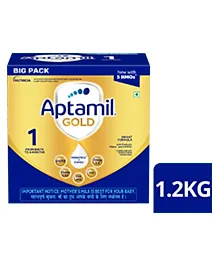
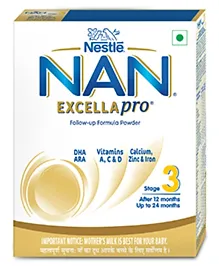
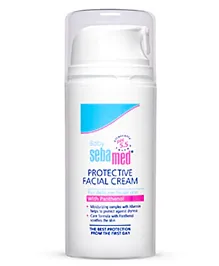


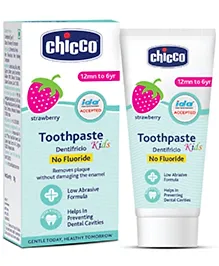
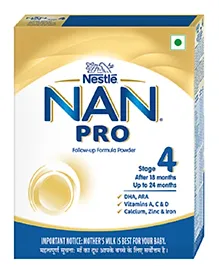
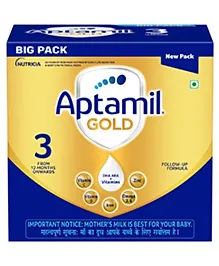
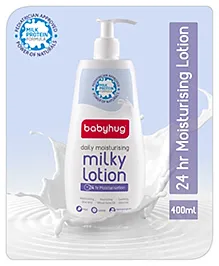

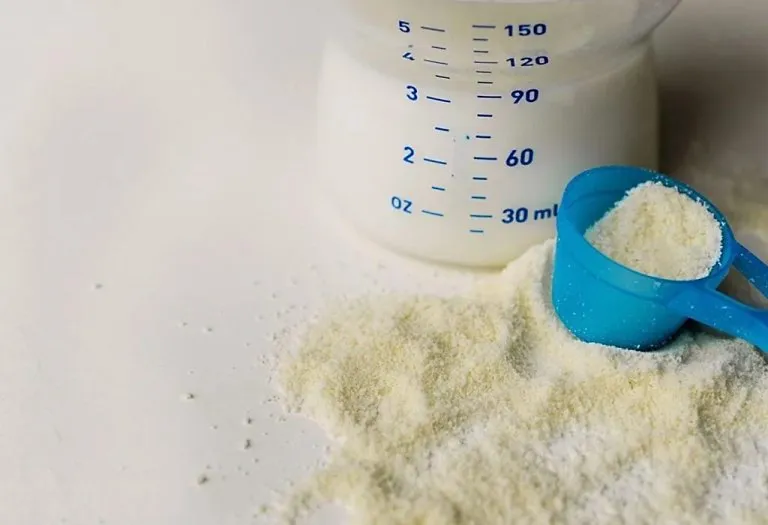

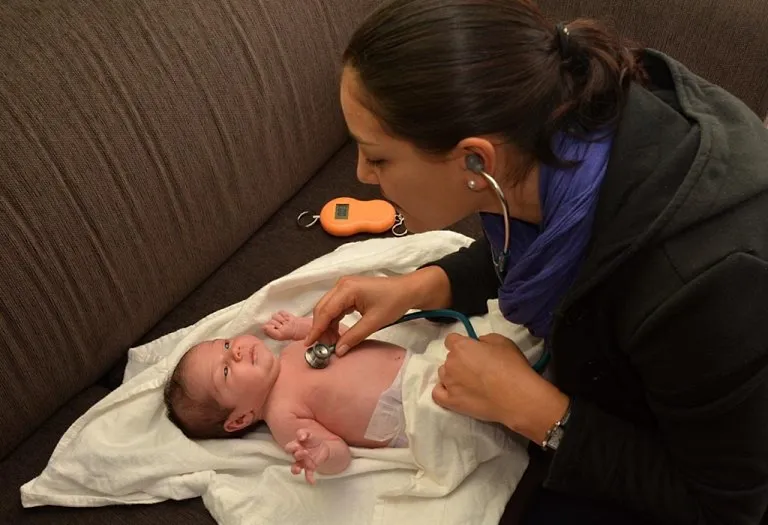




.svg)


















